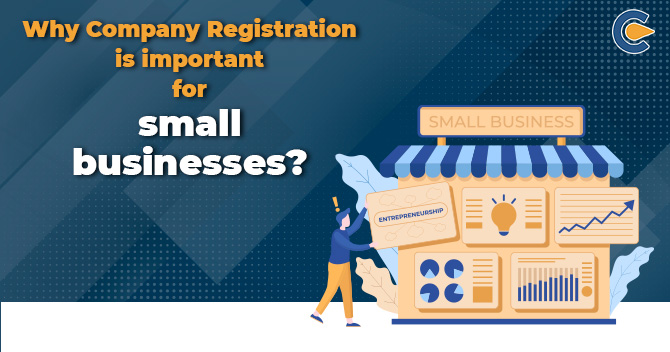 Business partnerships work
Business partnerships work

Introduction
Business partnerships have long been a vital component of commerce, enabling businesses to leverage combined resources, expertise, and capital to achieve mutual success. Whether small startups or multinational corporations, partnerships allow businesses to expand their capabilities and market reach. Understanding how business partnerships work is essential for entrepreneurs and investors looking to collaborate effectively and sustainably.
Definition
A business partnership is a formal arrangement between two or more parties who agree to manage and operate a business together while sharing profits and responsibilities. Partnerships can take different legal structures, including general partnerships, limited partnerships, and limited liability partnerships, each with distinct rights and obligations.
Application of Business Partnerships
Business partnerships apply in various industries and scenarios. They can be use for joint ventures, strategic alliances, franchise models, and co-branding efforts. Some common applications include:
- Startups and Small Businesses: Entrepreneurs collaborate to pool funds, skills, and networks.
- Corporate Partnerships: Companies form alliances to enter new markets or innovate.
- Professional Services: Law firms, medical practices, and consultancies often operate as partnerships.
- International Trade: Firms partner with local businesses to navigate regulatory and market complexities.
Benefits of Business Partnerships
Business partnerships offer several advantages, making them an attractive choice for entrepreneurs and companies looking to grow:
- Shared Financial Burden ã Partners contribute capital, reducing individual financial strain.
- Diverse Expertise ã Partners bring different skills, experiences, and perspectives to the table.
- Increased Market Reach ã Partnerships allow businesses to access new markets and customers.
- Risk Sharing ã Losses and liabilities are shared among partners.
- Innovation and Collaboration ã Joint efforts often lead to more creative and effective solutions.
Limitations of Business Partnerships
Despite the benefits, business partnerships also have certain drawbacks that need to be carefully managed:
- Conflict and Disagreements ã Differences in vision and decision-making can cause disputes.
- Shared Liability ã In general partnerships, each partner is personally liable for debts and legal issues.
- Profit Sharing ã Earnings must be distributed among partners, which may reduce individual financial gain.
- Limited Control ã Decision-making is shared, reducing autonomy.
- Complex Exit Strategy ã Dissolving a partnership can be complicate and legally challenging.
Comparative Table: Pros and Cons of Business Partnerships
| Factor | Benefits | Limitations |
|---|---|---|
| Financial Burden | Shared investment reduces individual risk | Profits are also share among partners |
| Expertise | Diverse skill sets enhance decision-making | Conflicting ideas may cause disputes |
| Liability | Limited liability in some partnership types | General partners are personally liable |
| Market Reach | Access to larger markets and networks | Requires coordination between partners |
| Decision-Making | Collective wisdom improves strategy | Slower decision-making process |
| Legal Complexity | Can be easier to establish than corporations | Dissolution can be legally complex |
Conclusion
Business partnerships can be a powerful tool for growth, innovation, and shared success when structured effectively. However, they require careful planning, clear agreements, and ongoing communication to ensure that benefits outweigh the limitations. Entrepreneurs and businesses should evaluate their goals, partner compatibility, and legal frameworks before entering into a partnership. With the right strategy, a business partnership can lead to sustainable growth and competitive advantage in any industry.
For more information to visit:https://www.mca.gov.in
FAQs
For further details access our website https://vibrantfinserv.com/
To visit: https://www.mca.gov.in/
Contact:ô ô ô ô 8130555124, 8130045124
Whatsapp:ô ô https://wa.me/918130555124
Mail ID:ô ô ô ô ô ô operations@vibrantfinserv.com
Web Link:ô ô ô https://vibrantfinserv.com
FB Link:ô ô ô ô ô ô https://fb.me/vibrantfinserv
Insta Link:ô ô https://www.instagram.com/vibrantfinserv2/

For further details access our website https://vibrantfinserv.com